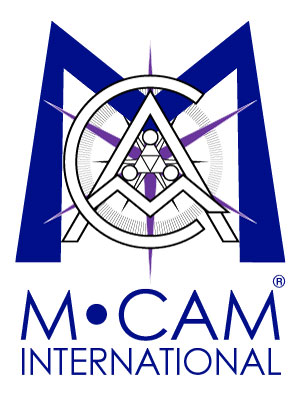World Bank and IFC’s infoDev Publish Dr. Martin’s Briefing Paper of Technology Transfer and Commercialization
Date: Wed, 2009-06-10
World Bank and IFC’s infoDev Publish Dr. Martin’s Briefing Paper of Technology Transfer and Commercialization
June 10, 2009 – Washington DC; Charlottesville, VA –– In an on–going effort to build relevance in international efforts to stimulate the engagement of creativity around the world, the World Bank and International Finance Corporation”s infoDev has published a briefing paper on technology transfer and commercialization. The following is an excerpt from the paper which can be downloaded in its entirety HERE.
Health, agriculture, water and food security technology transfer require a depth of moral engagement frequently considered (with regret) post facto. There is a growing awareness in these fields, and in some conversations about environmental technologies, that the exclusionary practices arising from exclusive licenses and restrictive intellectual property paradigms, jeopardize the health and life of the planet and its inhabitants. Therefore, considerations beyond short–term monopolistic benefit are becoming increasingly important when considering the nature and mode of technology transfer in these areas.
In all industries, the plethora of abandoned and expired patents in public domain, make experience in the past 25 years increasingly irrelevant as most innovations now must incorporate an element of ‘innovation recycling’ in which latent and public domain components must be included and acknowledged in the pursuit of the alleged ‘new’. The reckless use of intellectual property in the fields of information technology has lead to what some refer to as ‘chilling effects’ on innovation while the European Patent Office executives have recently expropriated the term ‘Global Warming of Patents’ signifying the overwhelming volume of indistinguishable proprietary claims which make transfer dubious at best. The point of this problem is that all too often, the actual identity of the party or parties qualified to represent a transferable interest is impossible to establish.
As a result, in the above referenced fields, technology transfer focused on education and capacity building is far more attainable and defensible than the attempt to perpetuate monopoly business models.
While undesirable in its underlying impetus, the technology reparations from the German Industrial and State complex at the end of the Second World War serve as the greatest single technology transfer moment of the last century benefiting industries including materials science, aerospace, digital communications and data storage, medicine, chemicals, and structural engineering and design to name a few.


Sorry, the comment form is closed at this time.